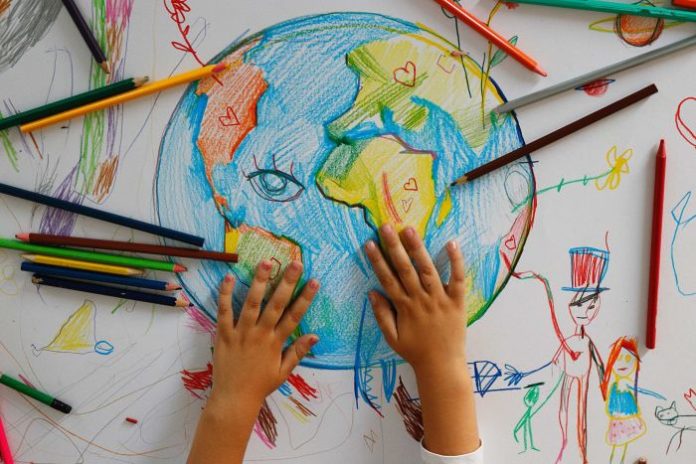New Delhi (NVI): A new report by WHO-UNICEF-Lancet Commission has highlighted critical, emerging risks to child health and proposed novel solutions while calling for urgent action to achieve measurable results.
The report, ‘A future for the world’s children?’ constitutes the first comprehensive, independent report to reposition every aspect of child health through the lens of rapidly changing climate and other existential threats, according to WHO.
Launched yesterday, the report finds that the health and future of every child and adolescent worldwide is under immediate threat from ecological degradation, climate change and exploitative marketing practices that push heavily processed fast food, sugary drinks, alcohol and tobacco at children.
The report says that despite dramatic improvements in survival, nutrition, and education over the past 20 years, “today’s children face an uncertain future”, with every child facing “existential threats”.
“In 2015, the world’s countries agreed on the sustainable development goals (SDGs), yet nearly five years later, few countries have recorded much progress towards achieving them,” says the report by a commission of 40 child and adolescent health experts from around the world.
Stefan Peterson, Unicef’s chief of health, said children living in the poorest countries are facing the brunt of a changing climate, despite having a tiny carbon footprint.
Stefan added, “These children face enormous challenges to their health and wellbeing, and are also now at the greatest disadvantage due to the climate crisis,” he said. “We need sustainable gains in child health and development, which means that big carbon emitters need to reduce their emissions for all children to thrive, poor and rich.”
According to the report, climate change, ecological degradation, migrating populations, conflict, pervasive inequalities, and predatory commercial practices threaten the health and future of children in every country.
“Despite improvements in child and adolescent health over the past 20 years, progress has stalled, and is set to reverse,” says former Prime Minister of New Zealand and Co-Chair of the Commission, Helen Clark.
The report includes an index of 180 countries that compares data on survival, wellbeing, health, education and nutrition; as well as sustainability, with a proxy for greenhouse gas emissions, and equity, or income gaps.








